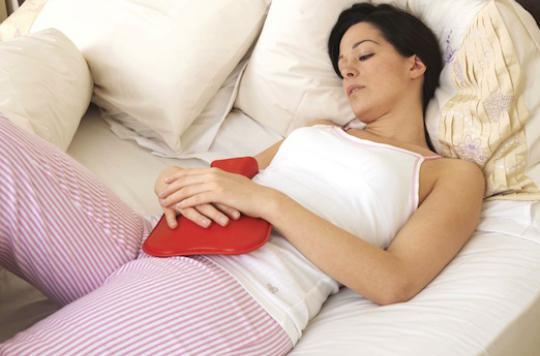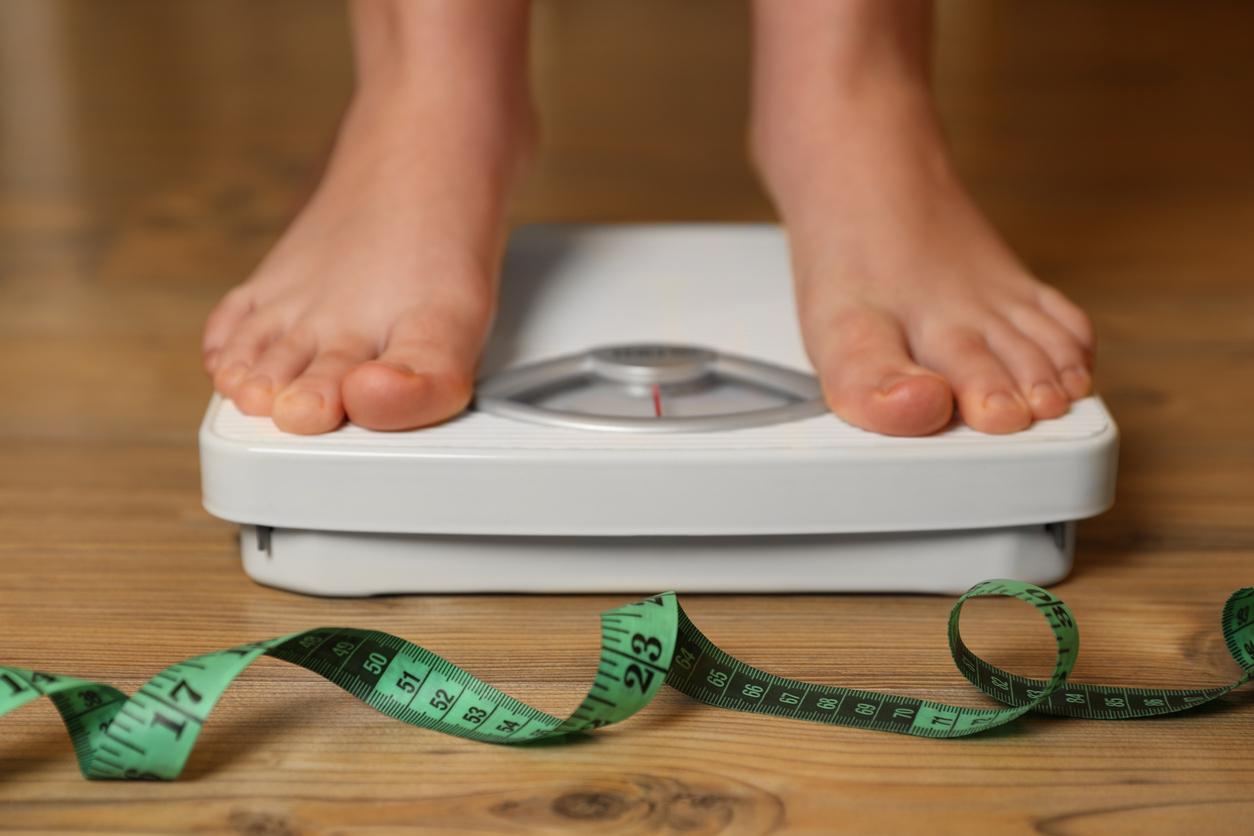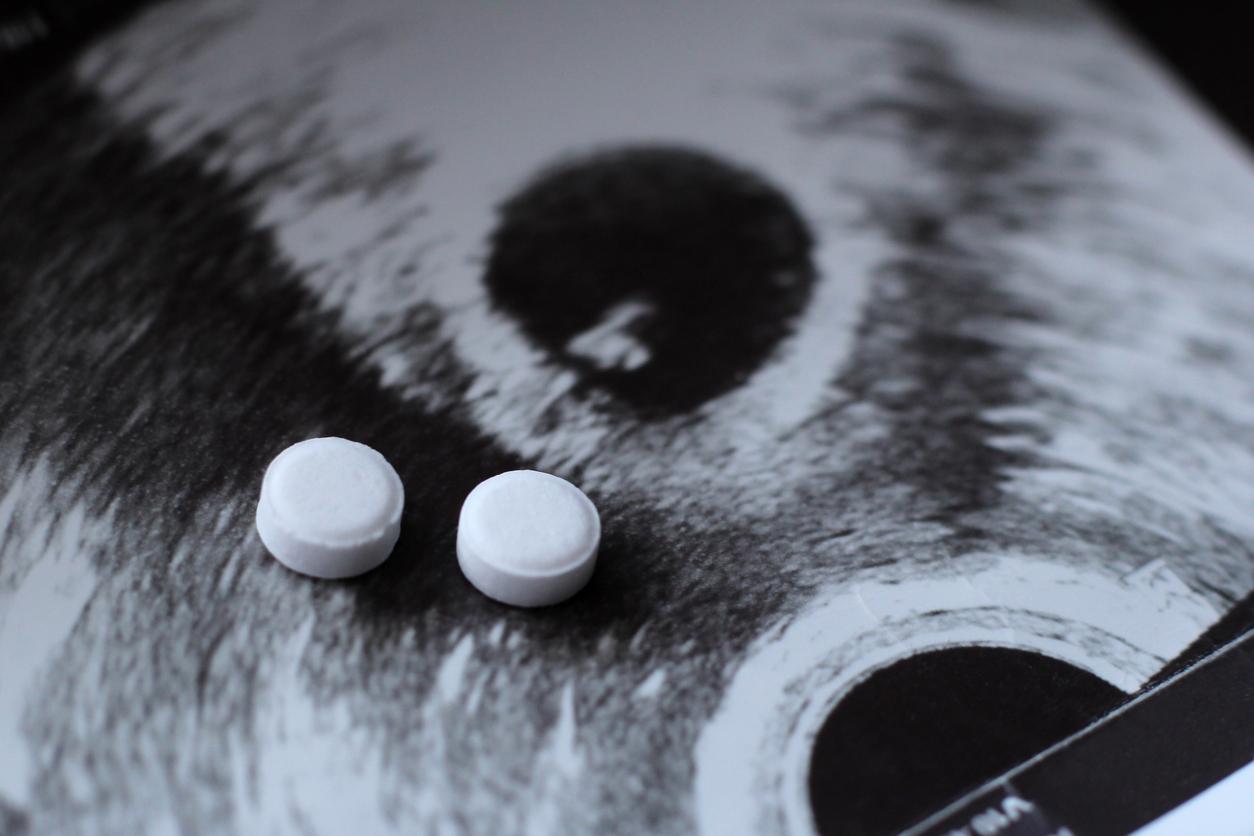A new study shows that women who have their period before age 10 or after 17 are at greater risk of developing long-term heart disease.

The risk factors for heart disease are known: hypertension, diabetes, tobacco or obesity. But a new study published in the journal Circulation suggests that these diseases could also be influenced by the age at which girls have their first period.
To arrive at these results, the team at the University of Oxford collected health data from more than 1.3 million UK women aged 50 to 64. These women have been followed for over 10 years.
13 years old, the “ideal” age
Researchers found that women who had their first period before age 10 or after age 17 were more likely to develop heart disease than women who had their first period at age 13.
The results of this study therefore form a “U”: the oldest age. harmless 13 years old to have their first period, and the further away from this age, the more women are at risk of developing heart disease.
Thus, for the latter, the risks of being hospitalized or dying from a heart disease are 27% greater than those who had their period at 13 years old, the risks of being hospitalized or dying from an attack are increased. by 16%, and the chances of being hospitalized or dying from hypertension-related complications increase by 20%.
Only 4% of women have their first period before 10 years old and 1% after 17 years.
Childhood obesitis involved
How to explain these results? Childhood obesity could be a cause of early periods, researchers say. “Childhood obesity, widespread in many industrialized countries, has an influence on having your first period at an early age. Public health strategies to reduce childhood obesity could slow down the lowering of the average age of first menstruation, which could subsequently reduce the risk of developing long-term heart disease, ”according to Dr. Dexter Canoy , who led the study.
However, other studies will have to be carried out because childhood obesity does not explain the increase in the risk factor in women having their first period later.
.
















